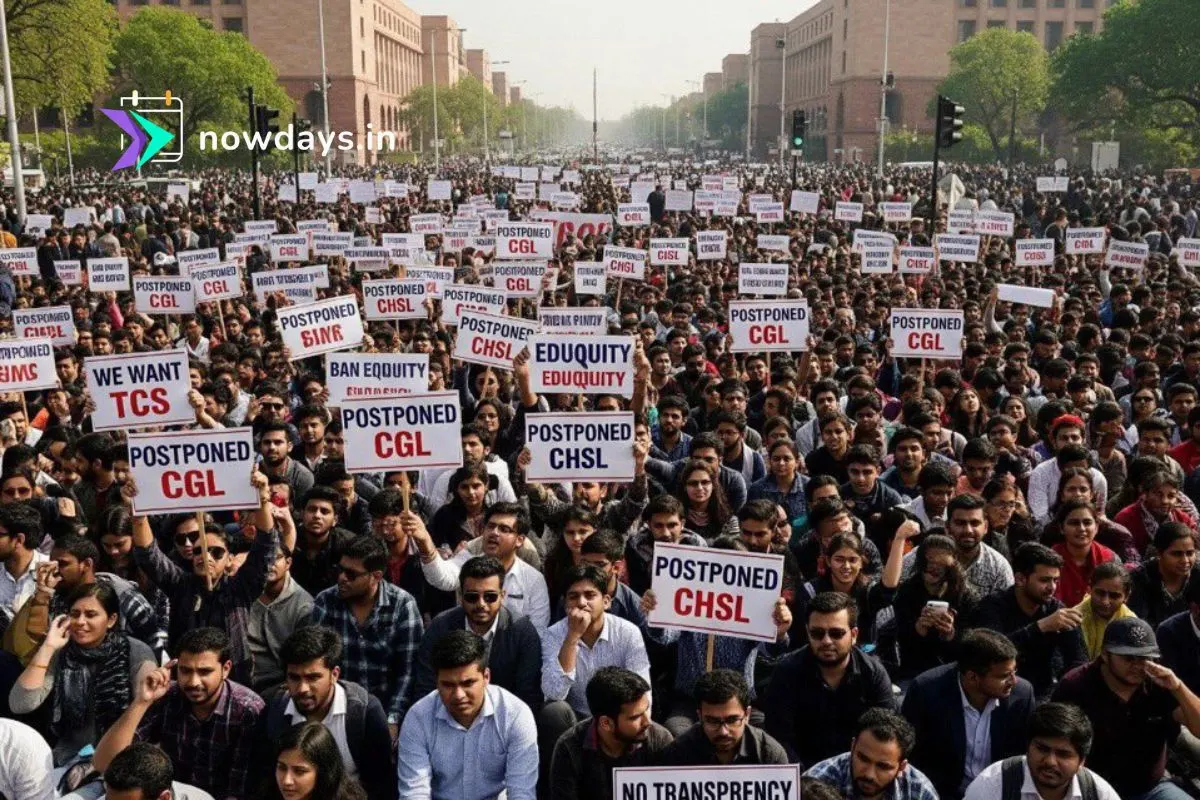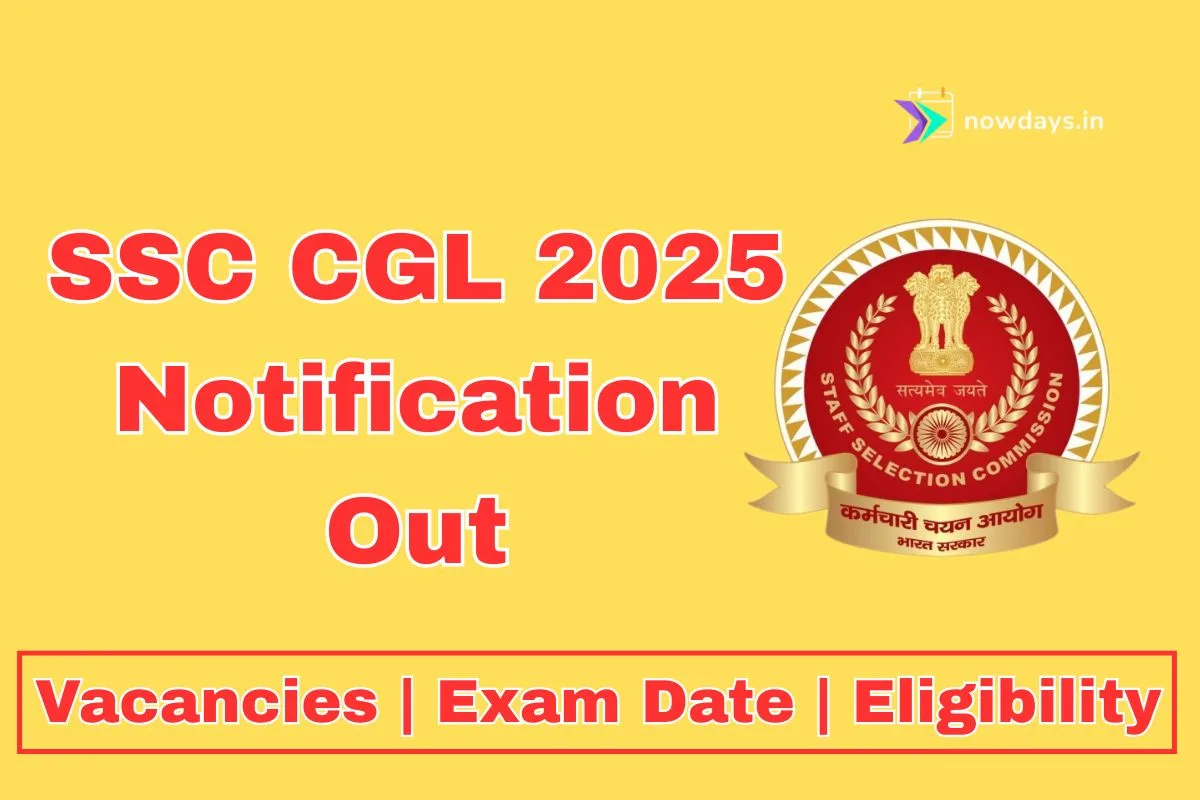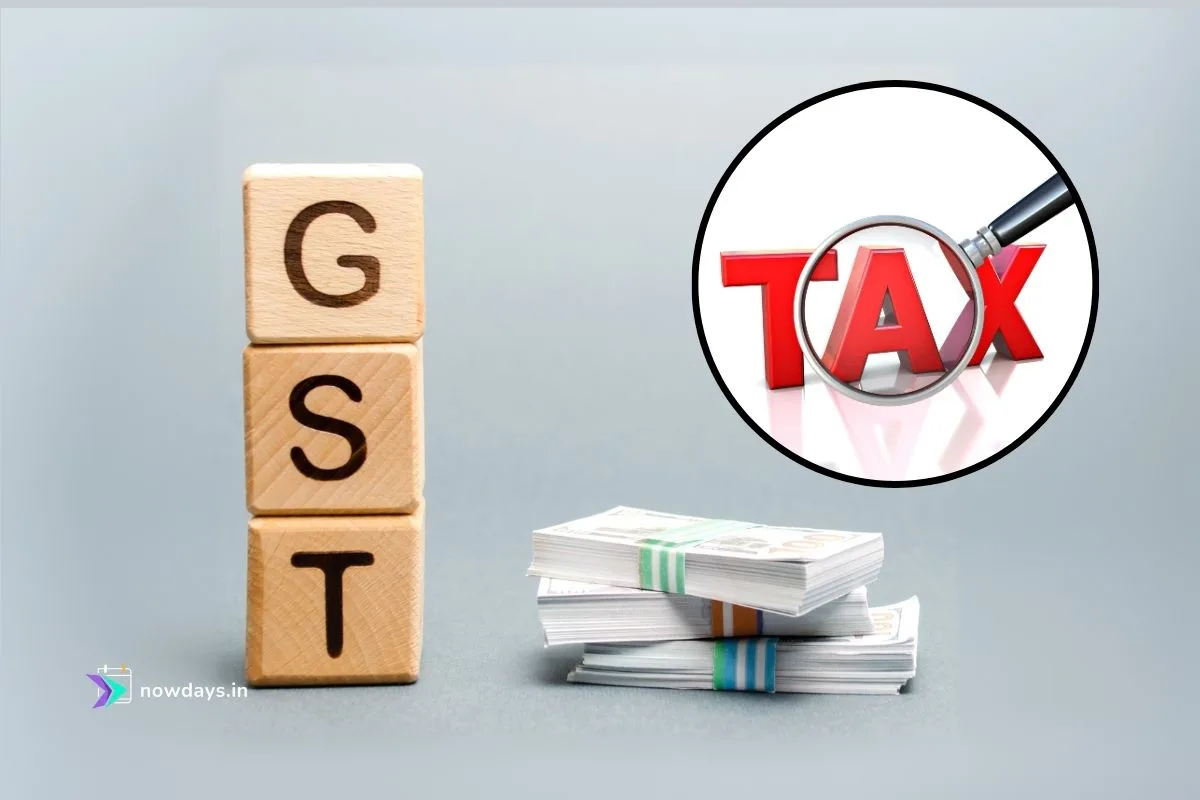SSC Protest, New Delhi, August 3, 2025 — India’s Staff Selection Commission (SSC) has severed ties with Tata Consultancy Services (TCS) after seven years as its exclusive examination vendor, triggering widespread speculation about whether teacher-led protests forced this seismic shift. While educator discontent was palpable, investigation reveals a complex decision rooted in systemic failures rather than stakeholder pressure alone .
The Breaking Point: Exam Crises That Forced SSC’s Hand
The SSC-TCS partnership, operational since 2018, began unraveling during the 2023-2024 examination cycles when catastrophic failures compromised national-level tests:
- Pattern Inconsistencies: Candidates faced radically varying difficulty levels across exam centers, with some receiving question papers deemed “excessively complex” while others received “abnormally simplified” versions .
- Technical Collapses: Critical system outages during Tier-I examinations left thousands unable to submit answers, triggering panic at testing centers nationwide.
- Malpractice Allegations: Investigations revealed statistical anomalies in scoring distributions, suggesting potential compromise in assessment integrity.
“These weren’t isolated glitches but systemic integrity failures,” stated former SSC Commissioner Rajesh Kumar. “When exam credibility erodes, it destabilizes the entire public recruitment ecosystem” .
Teacher Anger: Symptom, Not Cause
While teachers emerged as vocal critics, their outrage reflected broader institutional crises:
- Evaluation Chaos: Automated result generation errors forced re-evaluation of 120,000 answer scripts in 2024 alone, burying teachers under remedial workloads.
- Infrastructure Pressures: Offline contingency protocols triggered by TCS system failures increased administrative burdens on teaching staff proctoring exams.
- Credibility Damage: Rising student complaints about “unfair testing” eroded institutional trust that teachers worked to maintain.
“Teachers were frontline witnesses to the collateral damage,” explained education policy analyst Nandita Reddy. “But SSC’s decision stemmed from technical committee reviews, not protest volumes. The vendor change was initiated through standard procurement protocols.
Procurement Realities: How Vendor Selection Actually Works
Contrary to popular narratives, SSC’s transition reflects institutional procurement norms:
- Bidding Protocols: Contracts follow mandatory tendering processes where vendors compete through technical and financial bids. The shift reflects scoring outcomes, not external pressure .
- Distributed Responsibilities: The new model fragments contracts across specialized vendors for question banks, testing platforms, and exam center management—a structural overhaul impossible through stakeholder demands alone.
- Precedent-Driven: Historical vendor rotations occurred in 2010 (from NIC to TCS) and 2018, establishing institutional memory of periodic realignments.
Student Fallout: Uncertainty in Transition
With exams accounting for 1.2 million annual job applications, candidates face pressing concerns:
- PYQ Relevance: Fear that previous years’ questions (PYQs) might become obsolete has triggered anxiety. Experts confirm PYQs remain vital as “exam patterns are SSC-designed, not vendor-specific” .
- Difficulty Flux: Data from the 2022 Multi-Tasking Staff exam—conducted post-vendor change—shows initial papers trended easier before stabilizing.
- Preparation Strategy: Platforms like Testbook and Unacademy report 300% surges in mock tests emphasizing adaptive practice over pattern memorization .
Table: Examination Impact Analysis Post-Transition
| Concern Area | Current Status | Expert Assurance |
|---|---|---|
| Exam Pattern Stability | Core structure retained | Syllabus remains SSC-defined |
| Question Difficulty | Moderate calibration expected | Historical data shows eventual normalization |
| PYQ Relevance | High retention value | Critical for understanding question archetypes |
| Malpractice Risks | Enhanced monitoring | Multi-vendor model reduces single-point vulnerability |
The Road Ahead: Reform Over Reaction
While teacher frustrations highlighted operational crises, the SSC’s institutional response focuses on systemic safeguards:
- Integrity Architecture: Blockchain-based question paper distribution and AI-proctoring integration slated for 2026 cycles.
- Vendor Accountability: Penalty clauses for technical failures now exceed ₹25 crore per incident in new contracts.
- Stakeholder Feedback: Grievance redressal portals allow real-time teacher reporting during exams.
“The true reform,” notes UPSC training head Dr. Arvind Mishra, “is recognizing that examination integrity requires continuous investment, not reactive vendor changes when crises erupt” .
Institutional Reform, Not Teacher Revolt
Evidence confirms that while teacher anguish spotlighted TCS’s operational failures, SSC’s decision emerged from technical evaluations and procurement protocols—not educator pressure. This distinction matters: casting vendors as scapegoats risks overlooking deeper reforms needed in public examination governance. As SSC decentralizes its technical infrastructure, the real test begins—transforming examination delivery from a liability into a benchmark of national excellence.
// Additional Reporting from Education Policy and Public Recruitment Bureaus











1 thought on “SSC Protest 2025: Was TCS Removed Due to Teacher Pressure?”